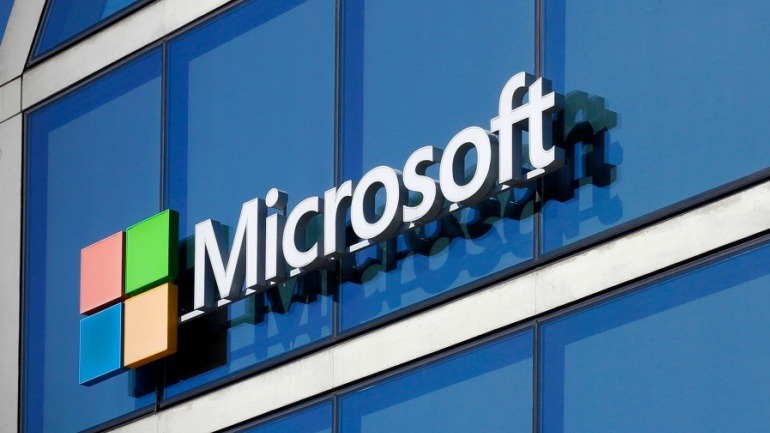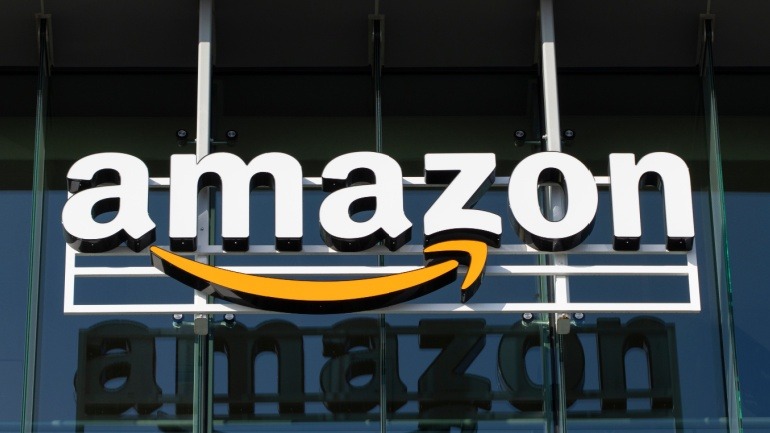BT has secured a five-year partnership with DEFRA to connect 34,000 workers and devices across the UK. Using EE’s mobile network and the Shared Rural Network, the project enhances safety, monitors the environment, and supports carbon reduction, helping DEFRA predict weather events and prevent critical incidents in rural areas.
Microsoft is accelerating its cloud and AI dominance, reporting a 22 percent cloud revenue jump and rapid adoption of its AI tools. Strategic global data center expansion and rising customer interest in analytics underscore its commitment to future growth, despite margin pressures.
DIDWW has strategically enhanced its global footprint by expanding local DID coverage in Lithuania. As a leading provider of DID numbers, this move highlights their dedication to international growth. Lithuanian DIDs can now be quickly activated via their self-service portal or API.
The FCC is advancing new rules for the 37 GHz band to boost mobile capacity and enable shared use for federal and nonfederal users. The updated framework supports wireless innovation, sets stricter emission limits, and introduces nonexclusive nationwide licenses.
Philippe Alcaras joins Aprecomm’s advisory board, bringing deep industry experience to support its global expansion. With proven leadership and AI expertise, he will guide strategy as Aprecomm transforms broadband networks into intuitive, self-optimizing systems, enhancing customer experience.
Amazon has launched its first 27 satellites for Project Kuiper, marking its entry into the satellite internet race against SpaceX’s Starlink. Aiming to deliver fast internet to remote areas, Amazon plans to deploy over 3,200 satellites and begin service by late 2025 while addressing concerns like light pollution and regulatory challenges.
Germany-based IoT MVNO, 1NCE, has secured $60 million to enhance its AI capabilities and strengthen its position in the U.S. IoT market. This marks $160 million in total investment, led by tech giants including Deutsche Telekom and SoftBank. The funds will accelerate the development of AI-driven SaaS solutions.
Intel and Arqit Quantum have launched a cloud security solution that ensures no party, including themselves, can access users’ data. By combining Intel’s confidential computing with Arqit’s quantum-resistant encryption, the technology delivers secure, private communication across cloud environments.
DIDWW has expanded its global reach by adding national phone numbers in Denmark, the Czech Republic, Spain, and Costa Rica. With coverage in over 90 countries, its robust SIP trunking solution offers high quality voice services, flexible configurations, and seamless two-way communication for businesses worldwide.
Cerillion 25.1 transforms telecom operations with its advanced Promotions Engine and AI-powered assistants, enabling personalized, real time campaigns and intuitive customer experiences. Designed for agility and ease, the suite empowers communications providers to boost engagement, streamline sales, and maximize revenue without heavy technical effort.













